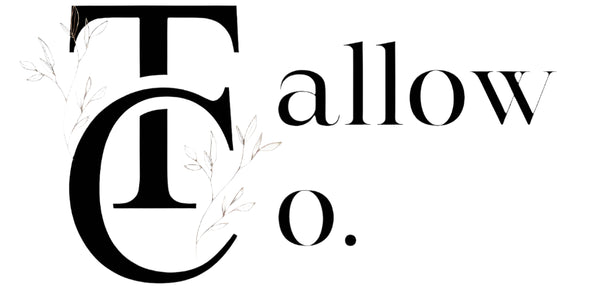
The Concerns of Today’s Laundry Detergents: A South African Perspective
Share
Laundry detergent is a household essential across South Africa, from bustling Joburg homes to rural villages in the Eastern Cape. We rely on it to keep our clothes fresh and clean, but beneath the bright packaging and bold promises lie some troubling concerns about health, environmental impact, and local relevance. As South Africans, we’re no strangers to adapting to challenges—load shedding taught us that—but it’s time to shine a light on what’s in our laundry baskets and how it affects us.
Chemicals in the Mix: A Health Hazard?
Most popular detergents in South Africa pack a punch with ingredients such as sodium lauryl sulfate (SLS) and synthetic fragrances. While they tackle dirt like champs, they can irritate sensitive skin, a real issue for a nation where eczema and allergies are common, especially among kids. The South African Health Products Regulatory Authority (SAHPRA) doesn’t tightly regulate cosmetic-like chemicals in detergents, so nasties like 1,4-dioxane—a probable carcinogen—can slip through unlisted. A 2021 study from the University of Pretoria found traces of volatile organic compounds (VOCs) in scented laundry products sold locally, linking them to respiratory irritation—something to ponder in a country already battling air pollution in cities like Gauteng.
For township and rural households, where kids often play near washing lines or help with chores, the risk of exposure spikes. Laundry pods, growing in popularity, have also raised alarms—Poison Information Centres in Cape Town and Johannesburg reported a spike in child poisoning cases tied to these colorful packets between 2019 and 2023.
Environmental Strain on SA’s Waterways
South Africa’s water scarcity makes the environmental impact of detergents even more pressing. When we rinse out suds, they flow into rivers like the Vaal or Umgeni, carrying phosphates and surfactants. Phosphates, still found in some cheaper brands despite global pushback, feed algal blooms that choke waterways—think of the Hartbeespoort Dam’s green sludge as a local example. Nonylphenol ethoxylates (NPEs), another detergent staple, disrupt aquatic life and linger in ecosystems. With 60% of South Africa’s rivers already under ecological stress (per the 2022 State of Rivers Report by the Department of Water and Sanitation), these chemicals hit us where it hurts—our precious water supply.
Local Context: Affordability vs. Safety
In South Africa, cost often trumps concern. A 2kg box of washing powder can go for as little as R30 at Shoprite, while “eco-friendly” options like The Tallow Co.’s Eco-Friendly Laundry Gel or Bio-Classic cost double or more—out of reach for many. These greener brands, often made locally, skip harsh chemicals and use biodegradable packaging, but they’re marketed to urban middle-class shoppers, not the average family in Soweto or Mthatha. Meanwhile, counterfeit detergents flood informal markets, offering no ingredient transparency and sometimes packing banned substances, as flagged by the National Regulator for Compulsory Specifications (NRCS) in 2023 raids.
A South African Solution?
So, what’s the fix? For starters, read those labels—skip anything with “fragrance” or SLS if you can. Local brands like The Tallow Co. offer gentler options, though they’re pricier. DIY mixes—think Sunlight soap bars grated with a bit of bicarb—are a budget-friendly hack passed down from gogos, cutting chemicals and plastic waste. Washing in cold water (a no-brainer with our solar geysers) and air-drying on the line saves energy, too—perfect for our sunny climate.
On a bigger scale, pushing for stricter regulations on detergent ingredients could level the playing field, while supporting SA-made eco-brands boosts local jobs. Communities could even revive co-op bulk buying of safer powders, a throwback to stokvel vibes with a modern twist.
Wrapping Up
Today’s laundry detergents might get the job done, but in South Africa, they come with baggage—health risks, water woes, and a price tag that doesn’t always match safety. We’re a nation that thrives on ingenuity, so maybe it’s time to rethink our washday routine. Whether it’s choosing smarter, going DIY, or demanding better from manufacturers, small changes could keep our clothes—and our country—cleaner in the long run. Next time you’re scrubbing a school uniform or a Springboks jersey, ask: what’s really in this suds?
